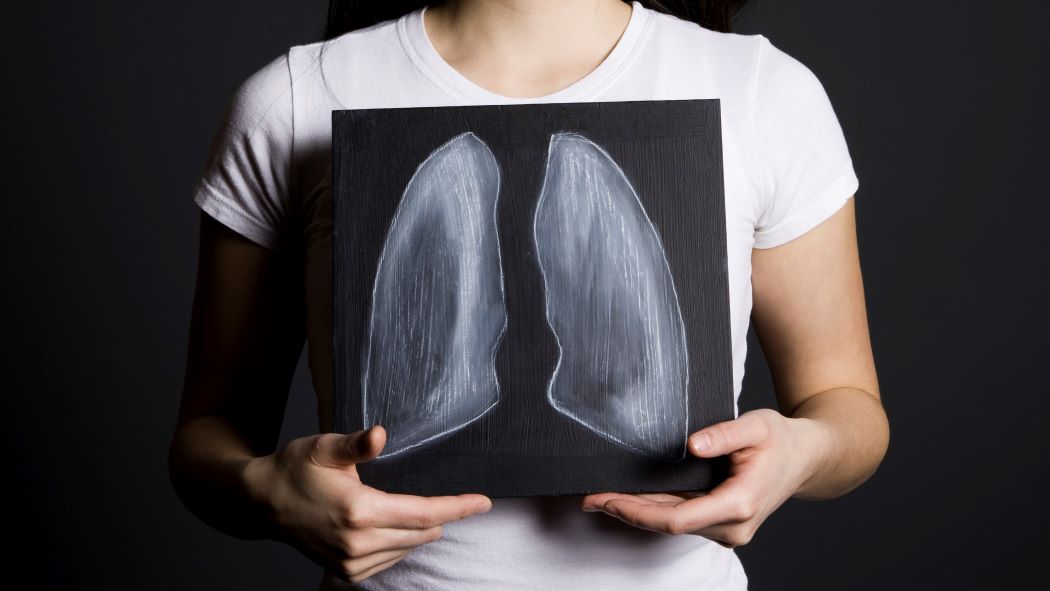November is chronic obstructive pulmonary disease (COPD) awareness month and in recognition we are clearing up some common misconceptions about this respiratory condition.

By Dr. Stephen Crawford, senior medical director, Cigna
November is chronic obstructive pulmonary disease (COPD) awareness month and in recognition we are clearing up some common misconceptions about this respiratory condition.
COPD affects more than 5% of the population. Characterized by shortness of breath, chronic cough, and sputum production, this lung condition can affect both physical and mental health. The low oxygen levels it causes can result in damage to multiple organs, such as the heart and brain, and the chronic symptoms can lead to stress and even depression, making condition management critical to maintaining quality of life.
Let’s look at some of the most common misconceptions about COPD below.
Myth No. 1: You Have to be a Smoker to Get COPD
Cigarette smoking is the most important risk factor for COPD. However, other exposures – such as second-hand cigarette smoke and smoke from burning organic materials – also play a role. Additionally, people who have untreated asthma can develop lung damage that eventually leads to COPD.
Myth No. 2: There's no Truly Effective Treatment for COPD
COPD is not curable, but proactive condition management can improve one’s ability to function. There are several lifestyle modifications and medical interventions that have been proven to make a difference.
Quitting smoking is the most important change a patient can make. Good nutrition is also important, as is exercise (with medical supervision). Patients should also keep vaccinations up to date for pneumococcal pneumonia, influenza and pertussis (whooping cough).
Beyond that, drug therapies such as inhalers, corticosteroids and muscarinic antagonists (also known as anticholinergics) have also shown improvements for patients. In severe cases, patients may need supplemental oxygen to support blood oxygen levels or may benefit from using a ventilator (respirator) to assist with breathing, especially while asleep.
Myth No. 3: There's no Point in Quitting Smoking Once You're Diagnosed. The Damage is Done
Even if someone is diagnosed with COPD already, there are still benefits to quitting smoking. In fact, smoking can cause serious flare-ups of the condition, so it’s best to quit right away.
Findings from a study of 5,587 patients with mild COPD showed that repeated smoking cessation for a period of five years slowed the progression of their condition, increased survival, and reduced morbidity.
Myth No. 4: If You Have COPD, You Can't Exercise
Exercise does not make COPD worse. However, patients with severe COPD may find exercise difficult due to worsening shortness of breath. Supervised exercise programs, called pulmonary rehabilitation, are a mainstay of the management of COPD symptoms and are proven to improve the quality of life for patients.
Myth No. 5: COPD is the Same Thing as Asthma
Some asthma patients may have a form of COPD, but not all COPD patients have asthma. Asthma is a chronic inflammatory disorder of the airways. The chronic inflammation is associated with increased airway responsiveness that leads to recurrent episodes of wheezing, breathlessness, chest tightness, and coughing. These episodes are usually associated with widespread, but variable, airflow obstruction within the lung that is often reversible either spontaneously or with treatment.
Patients with asthma whose airflow obstruction does not completely clear between episodes are considered to have COPD. This type of COPD is separate from the other forms of COPD (chronic bronchitis and emphysema).
A Light at the End of the Tunnel
Having COPD can definitely effect day to day life, but doesn’t have to be the end of the world for patients. With lifestyle modifications and treatment, people with COPD can improve their overall well-being and enjoy a better quality of life.

Affordable Health Insurance Plans
For 2022, Cigna is offering a new Individual and Family Health Insurance Plan specifically designed for those with asthma or COPD.